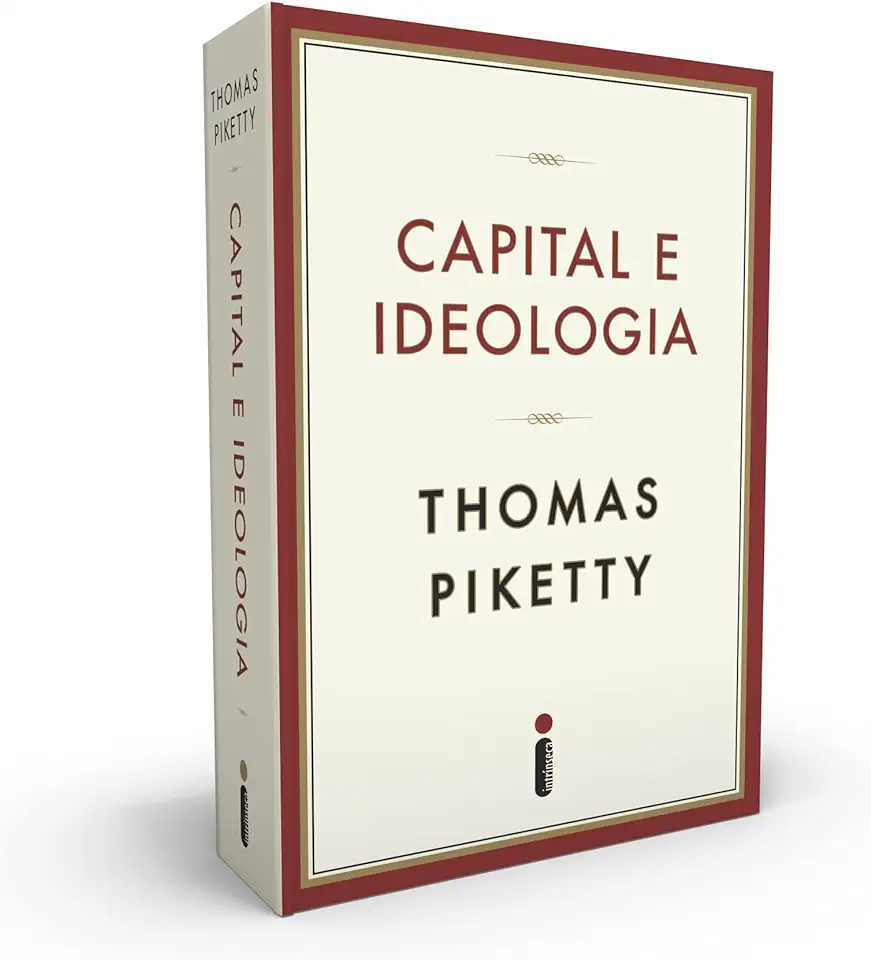
Capital and Ideology - Thomas Piketty
Capital and Ideology: A History of Economic Thought
By Thomas Piketty
Introduction
In his monumental work, Capital and Ideology, Thomas Piketty offers a sweeping history of economic thought from the 18th century to the present day. Piketty argues that economic ideas are not simply objective descriptions of the world, but rather are shaped by the social and political interests of the people who produce them. He shows how economists have often served as apologists for the wealthy and powerful, and how their ideas have been used to justify inequality and exploitation.
The Classical Economists
The classical economists, such as Adam Smith and David Ricardo, believed that the economy was governed by natural laws that would eventually lead to progress and prosperity. They argued that the free market was the best way to achieve economic growth, and that government intervention should be kept to a minimum. However, Piketty shows how the classical economists' ideas were often based on a flawed understanding of the economy, and how they served to justify the interests of the wealthy landowners and capitalists of their time.
The Marginal Revolution
The marginal revolution, which began in the late 19th century, represented a major shift in economic thought. Marginalist economists, such as Alfred Marshall and Léon Walras, argued that the value of goods and services was determined by their marginal utility to consumers. This new approach led to a more sophisticated understanding of the economy, but it also reinforced the idea that the free market was the best way to achieve economic efficiency.
The Keynesian Revolution
The Keynesian revolution, which began in the 1930s, challenged the prevailing orthodoxy of classical and marginalist economics. John Maynard Keynes argued that the economy was not self-adjusting, and that government intervention was necessary to prevent economic downturns. Keynes's ideas were put into practice during the New Deal in the United States, and they helped to lay the foundation for the post-war economic boom.
The Neoliberal Counter-Revolution
The neoliberal counter-revolution, which began in the 1970s, represented a return to the classical and marginalist ideas of the 19th century. Neoliberal economists, such as Milton Friedman and Friedrich Hayek, argued that the free market was the best way to achieve economic growth, and that government intervention should be limited to protecting property rights. Neoliberal policies have been implemented in many countries around the world, and they have led to increased inequality and economic instability.
Piketty's Critique of Economic Thought
Piketty argues that economic thought is not a neutral discipline, but rather is shaped by the social and political interests of the people who produce it. He shows how economists have often served as apologists for the wealthy and powerful, and how their ideas have been used to justify inequality and exploitation. Piketty calls for a new economic思想 that is based on social justice and equality.
Conclusion
Capital and Ideology is a magisterial work of scholarship that offers a new understanding of the history of economic thought. Piketty's book is a must-read for anyone who wants to understand the world we live in and how it came to be.
Why You Should Read Capital and Ideology
Capital and Ideology is a challenging and provocative book that will change the way you think about economics. Piketty's masterful synthesis of history, economics, and political theory offers a new understanding of the origins of inequality and the role of economic ideas in shaping society. This book is essential reading for anyone who wants to understand the world we live in and how we can make it more just.
Here are a few reasons why you should read Capital and Ideology:
- Piketty's book is a tour de force of scholarship. He draws on a vast array of sources to support his arguments, and his analysis is rigorous and insightful.
- Piketty's book is highly original. He challenges many of the conventional wisdoms of economics, and he offers a new perspective on the history of economic thought.
- Piketty's book is important. It has the potential to change the way we think about economics and society. It is a must-read for anyone who wants to understand the world we live in and how we can make it more just.
Order Your Copy of Capital and Ideology Today!
Capital and Ideology is available now in hardcover, paperback, and e-book. Order your copy today and start your journey to a new understanding of economics and society.
Enjoyed the summary? Discover all the details and take your reading to the next level — [click here to view the book on Amazon!]